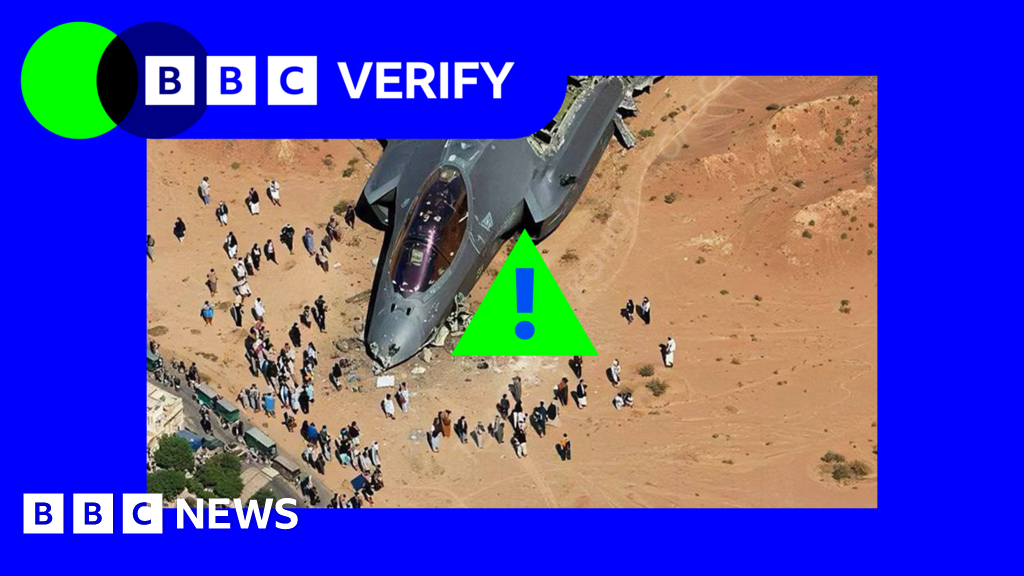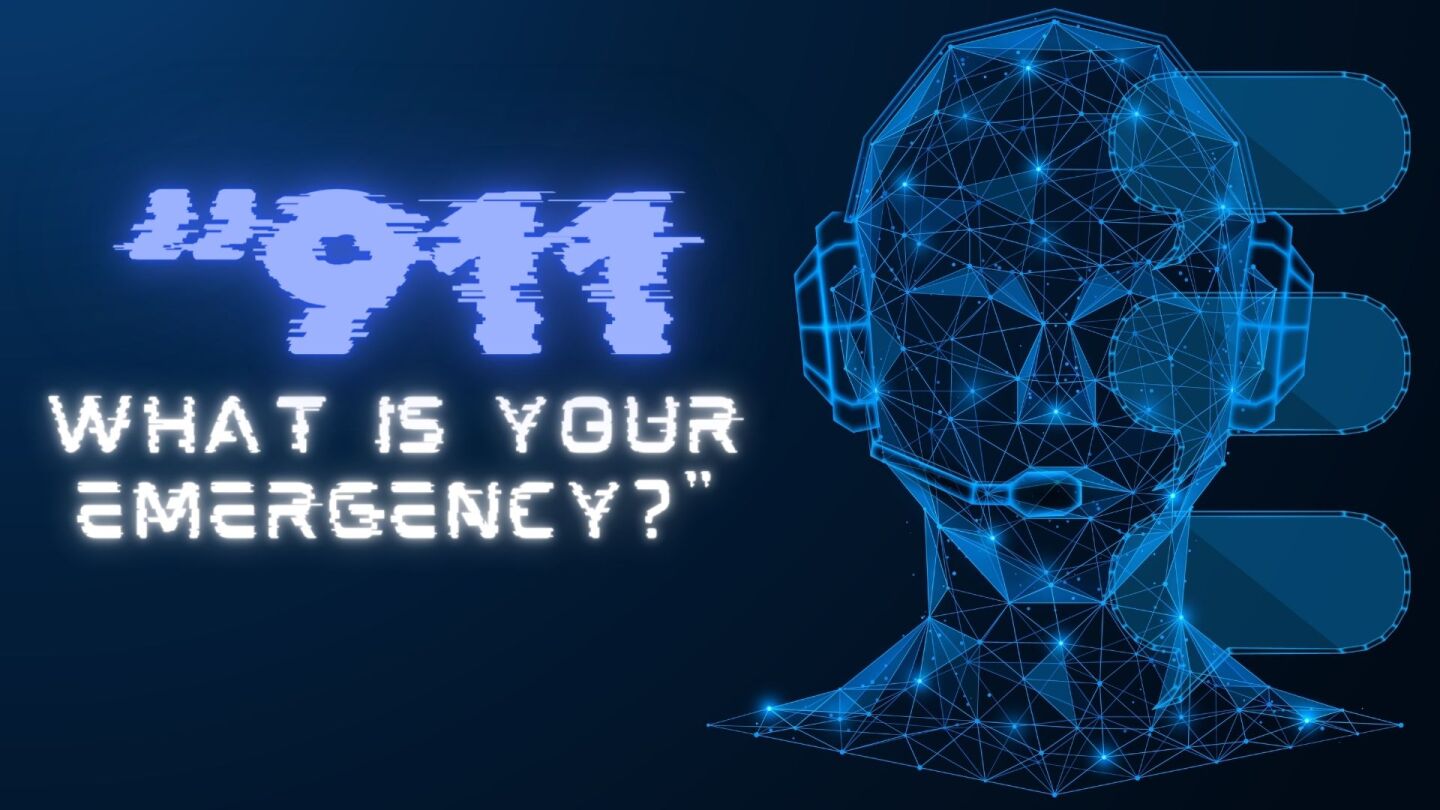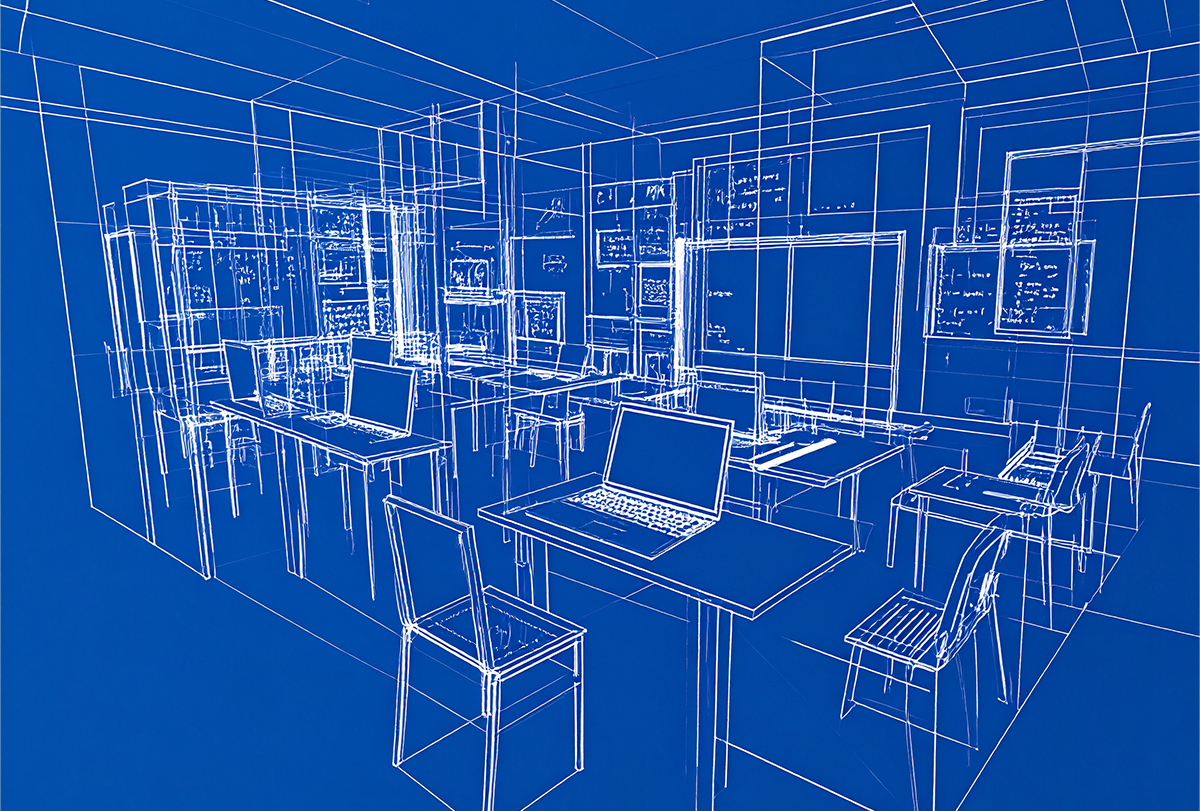
An investigation conducted by BBC Verify has revealed that artificial intelligence-generated fake videos depicting incidents related to international conflicts have been viewed more than 100 million times across various online platforms. The findings shed light on the growing role of deep fake technology in spreading misinformation during volatile situations.
The proliferation of advanced video manipulation tools powered by AI has enabled the creation of content that appears convincingly real but is entirely fabricated. These videos often depict falsified battle scenes, fabricated statements by world leaders, or altered footage of real events. They are regularly shared on social media networks, where they spread rapidly before fact-checkers or official sources can intervene.
BBC Verify, a specialist team within the BBC focused on digital forensics and misinformation, analyzed a range of multimedia content over recent months and found that some of the most widely circulated fake videos received tens of millions of views each. These videos often exploit visuals and narratives tied to high-profile global conflicts, increasing their virality and emotional impact on viewers.
Experts warn that the viral nature of such content poses a serious threat to the integrity of information ecosystems and public discourse. As AI tools become more accessible and user-friendly, individuals and groups with intent to mislead can more easily produce and distribute deceptive media.
This trend underlines growing international concerns about the influence of synthetic media in shaping public opinion and possibly even influencing policy decisions. The illusion of authenticity created by AI deep fakes makes it increasingly difficult for viewers to identify the credibility of the content they consume.
In response, technology companies and social media platforms are under mounting pressure to develop stronger detection tools and enforcement mechanisms to address the spread of this kind of disinformation. Meanwhile, media literacy advocates stress the need for the public to remain vigilant and to verify sources before accepting video claims as factual.
The BBC’s findings serve as a stark reminder of the new challenges posed by AI in the information age — especially during times of conflict, where factual accuracy can be critical to international understanding and response.
Source: https:// – Courtesy of the original publisher.








